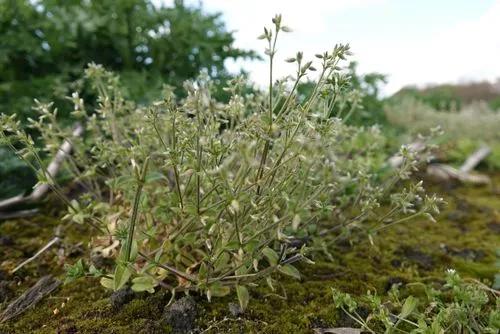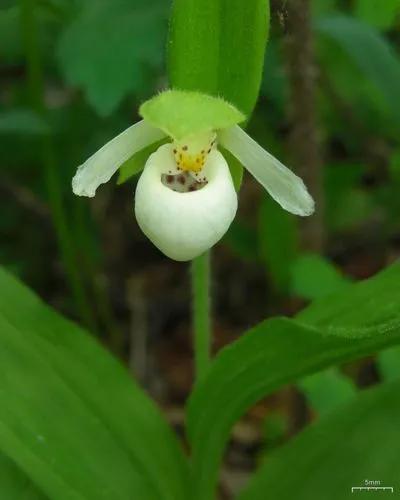Crotalaria pallida is an erect, well-branched, sometimes robust perennial herb with stems that become more or less woody. It can grow up to 2 metres tall.The plant has a fairly long history of cultivation as a green manure and ground cover crop, though it is much less grown at present due to its susceptibility to pests and diseases in Asia. It is still often cultivated in southeastern USA
Smooth Rattlebox Care
Crotalaria Pallida



Invasive in the Southeast, Hawaii, and Puerto Rico.
How to Care for the Plant

Water

Regular Watering

Sunlight

It requires a sunny position, growing poorly in shade[

Soil

Succeeds on a wide range of soils, except on peat soils that developed under coarse grass. It is considered well suited to sandy soils

Temperature

The average annual temperature varies from 16 - 26°c[

Additional

Seeds of many Crotalaria spp., including this species, contain a number of pyrrolizidine alkaloids, such as mucronatine and monocrotaline which affect the liver and may kill birds and mammals. They are particularly insidious toxins, as their effects may only become apparent weeks or months after the animal has stopped eating the seeds.The concentrations are low in this species and toxic effects have only been observed when chicks were fed the seeds for several weeks.The leaves contain an alkaloid poisonous to goats; the dried leaves are not toxic

Popularity

106 people already have this plant 7 people have added this plant to their wishlists
Discover more plants with the list below
Popular articles






